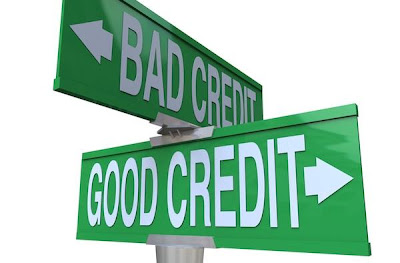Many people don’t know what their credit score is until it impacts their ability to get a good interest rate on a loan. Some employers also look at the credit rating of prospective new hires. Boosting a credit score into the 760 range, which is good, is not as impossible as it may seem at first.
Tips on boosting credit scores
Whether a credit rating has been lowered through a few missed payments when money was tight or someone wants to raise it in order to get the best terms on a loan, a good score is attainable through a little work.
Pay down balances – It might seem simple, but paying down account balances is one of the best ways to improve credit scores. About one third of the rating is based on the amount that is owed on an account compared to the available limit. Try to keep the amount owed to less than 30 percent of the available credit. If necessary, pay more on the cards with higher balances to get them lower.
Own different types of credit – Credit bureaus will take into account seeing that someone can manage a variety of types of credit. This means credit cards, store cards and payments such as a mortgage or car loan.
Keep accounts open – Once an account is paid off it may seem like the right thing to do to close it so the temptation is not there. This can negatively impact credit scores, though. The longer an account is open with no late payments the better it appears to credit adjustors.
Avoid applying for new credit – Every time someone applies for a new credit account, an inquiry is added to their report which often causes their score to drop a little bit. A new account raises questions because there is no track record as to how it will be managed.
Be cautious with use – Even if the monthly bills are paid on time, running up high balances can lower credit ratings. If more than one credit card is owned it is be better to spread the balances out among them.
Correct errors – Get a copy of the credit report and review it for any possible errors. If any are found, work to get them corrected immediately. This can include late payments listed that did not occur or account limits being reduced when they shouldn’t have been. Documentation likely will be needed to successfully challenge these errors.
Pay on time – The most important way to improve credit rating is to pay bills on time. If paying on time hasn’t been done on a regular basis start doing it as soon as possible.
A poor credit rating isn’t developed overnight and boosting it won’t happen that fast either. Getting started is the important thing. A person’s credit score can impact many aspects of their life and achieving the best rating possible will help improve their financial situation in the long run.
Guest author Christina Lloyd writes for a school grants website, which has advice on all types of free grants, including grants for American Indians and other minority groups.

No comments:
Post a Comment